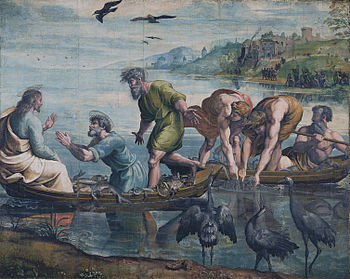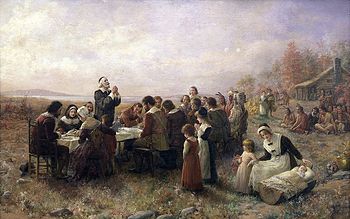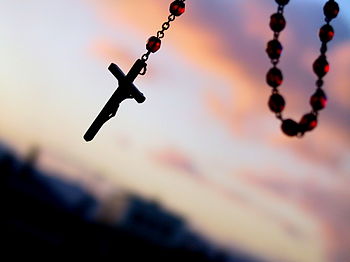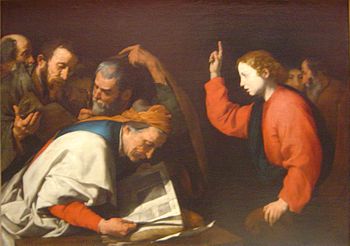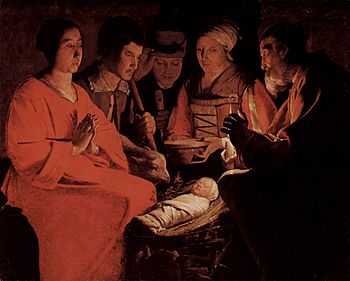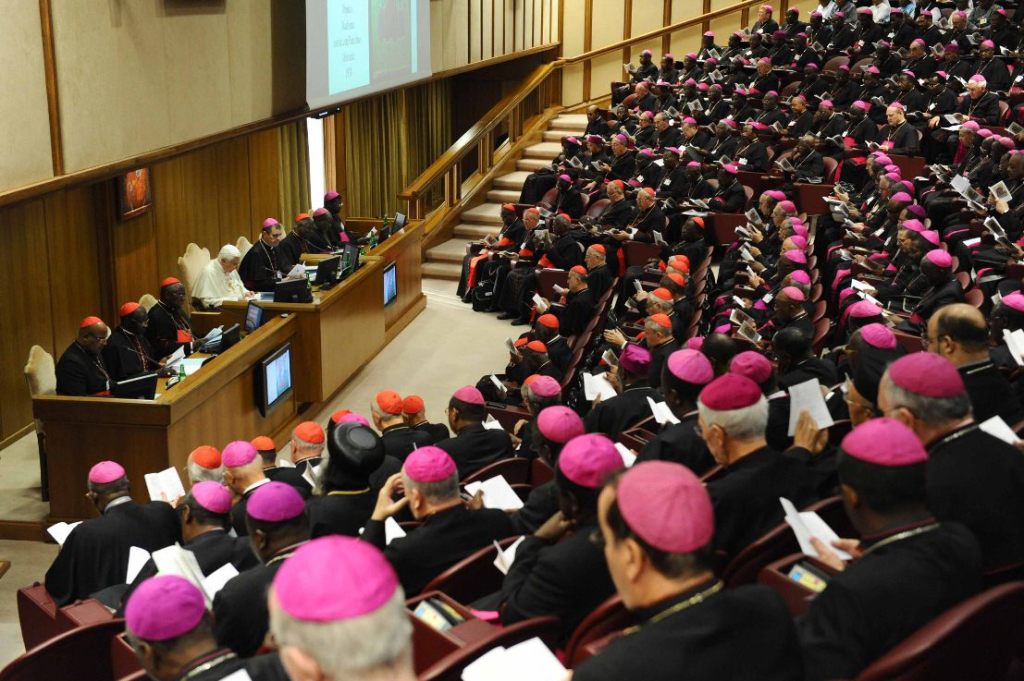Waiting for the Treasure: How the Rosary Teaches Patience
I really wish I had the time to write a rosary reflection every day based on that day’s Gospel passage. But given that I’m only one person with a family and full-time job, I guess that will just need to wait another 30 years for my retirement. But I’ll consider myself successful if I can tie […]
Waiting for the Treasure: How the Rosary Teaches Patience Read More »


